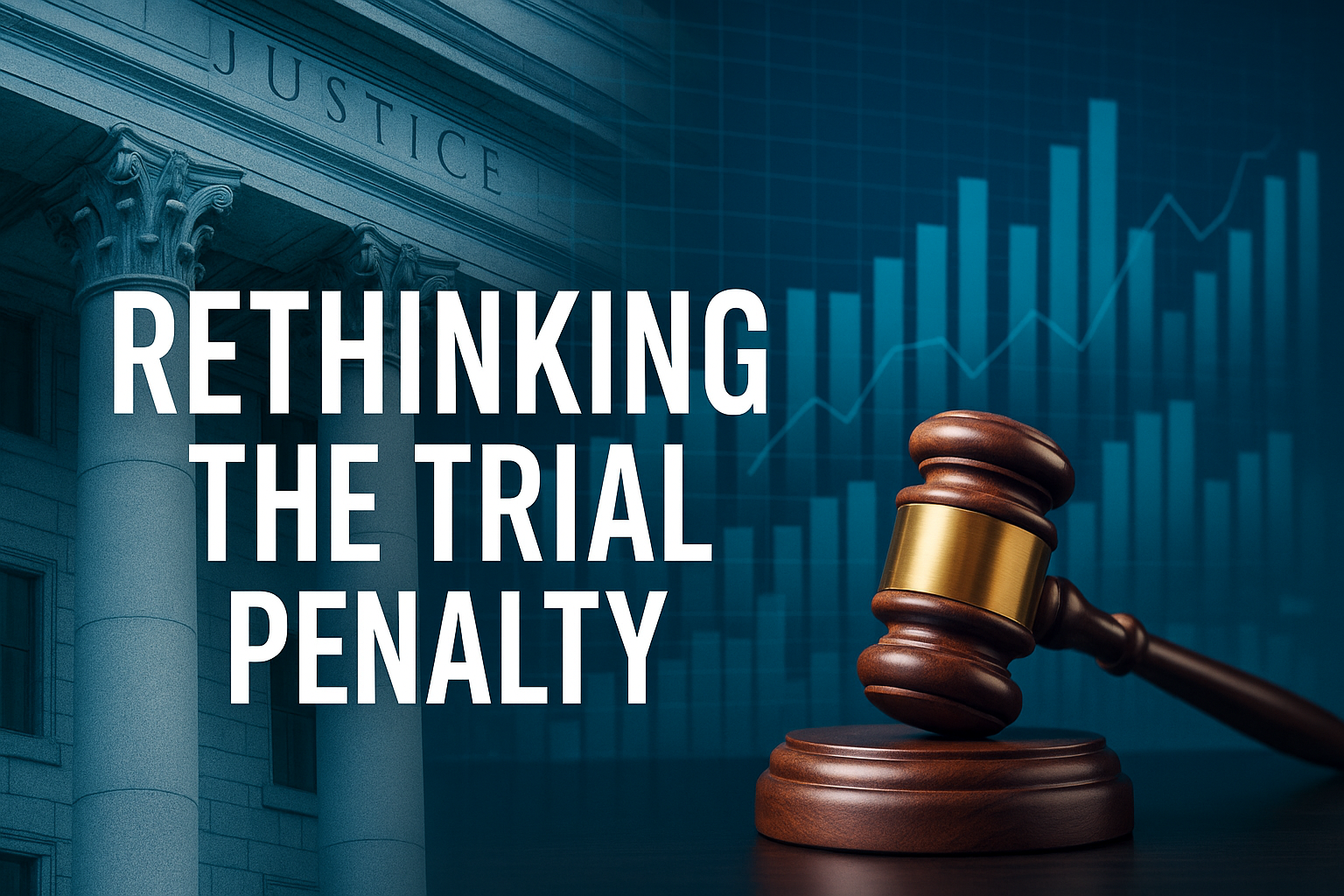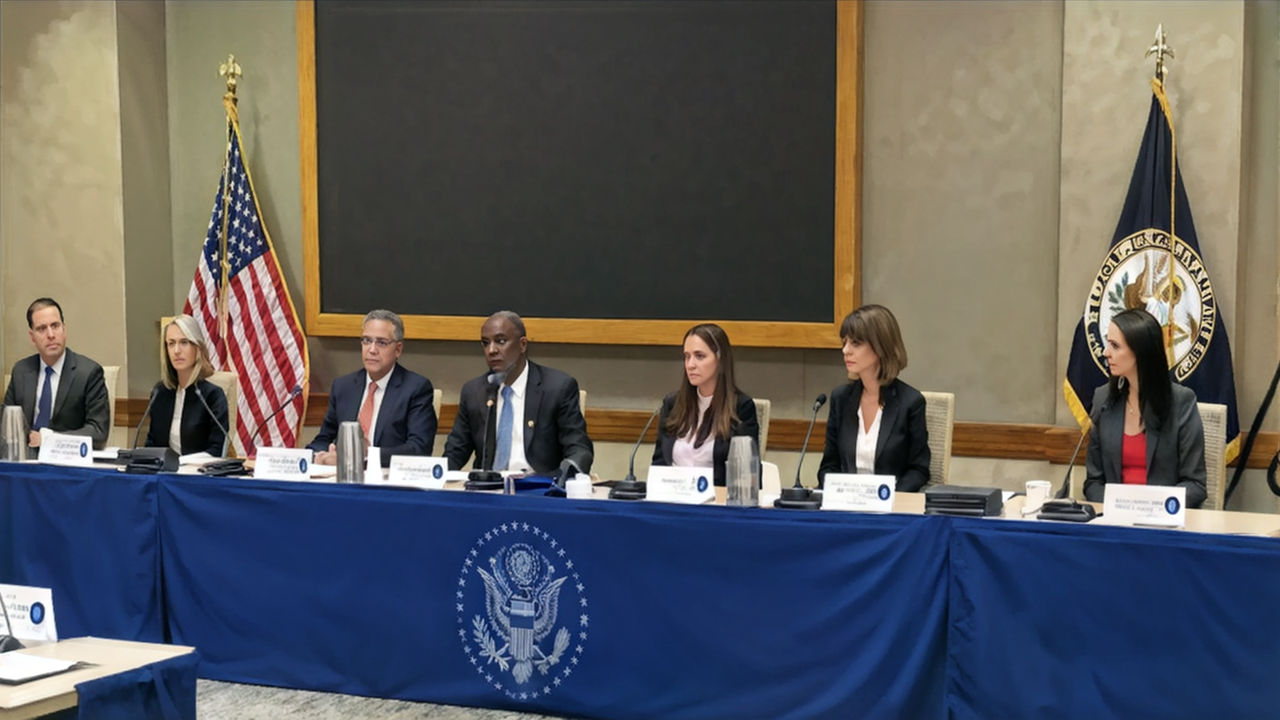SentencingStats.com Joins Microsoft Partner Program and Secures $250K in Azure Support
SentencingStats.com Selected for Google Cloud for Startups Accelerator – Secures $25K Grant


SentencingStats.com Joins Microsoft Partner Program and Secures $250K in Azure Support

SentencingStats.com Joins Microsoft Partner Program and Secures $250K in Azure Support

So today, we celebrate the death of guideline departures, lament the death of due process in immigration, and worry for the future of this democracy.

So today, we celebrate the death of guideline departures, lament the death of due process in immigration, and worry for the future of this democracy.

SentencingStats.com, the leading platform for federal sentencing analytics and research, is proud to announce the appointment of former U.S. District Judge and Harvard Law Professor Nancy Gertner to its Advisory Board.

Will the U.S. Sentencing Commission remove “Departures” from the Sentencing Guidelines and direct court to only consider Variances under 18 U.S.C. 3553(a)?

Will the U.S. Sentencing Commission remove “Departures” from the Sentencing Guidelines and direct court to only consider Variances under 18 U.S.C. 3553(a)?
SentencingStats.com recently completed a comprehensive analysis of the sentencing outcomes for defendants involved in the January 6th incident at the U.S. Capitol. This study examines 934 defendants who were convicted and sentenced through August 12, 2024. The findings shed light on significant sentencing disparities arising from the exercise of judicial and prosecutorial discretion, highlighting critical gaps in the current legal framework.

On November 1, 2024, several amendments to the United States Sentencing Guidelines took effect. Some of these changes are significant, offering advantages to the defense, while others are less beneficial.
However, ultimately, this process amounts to nothing more than “Kabuki Theatre,” meaning the tortured guideline applications become merely performative, because 18 U.S.C. § 3553, enables discerning judges to overlook the sentencing recommendations provided by the guidelines.

Bloomberg Law asked our President and Chief Research Officer, Mark Allenbaugh, to weigh in on a significant legal challenge to the U.S. Sentencing Commission’s policy on compassionate release. This policy allows courts to consider nonretroactive changes in law when evaluating requests for sentence reductions, a critical tool for addressing outdated sentences. However, the U.S. Department of Justice (DOJ) argues that this policy exceeds the Commission’s statutory authority, claiming it effectively makes nonretroactive laws retroactive.